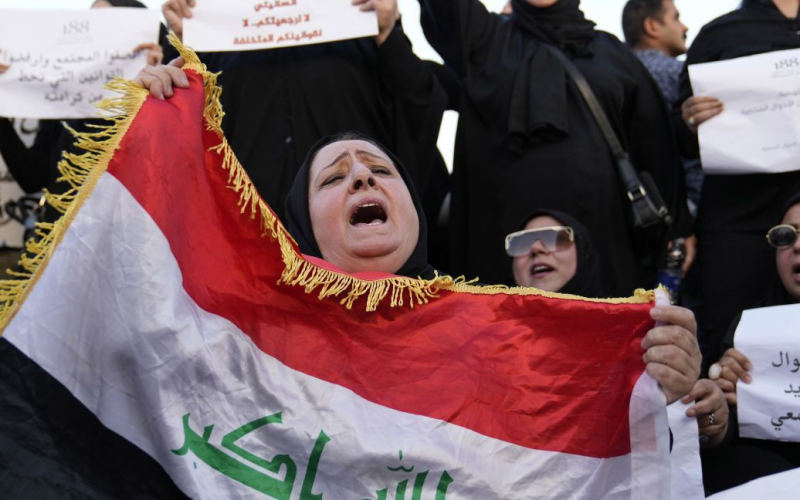
Now the clerics will be guided by their interpretation of Islamic law, which some interpret as allowing the marriage of girls in their early teens – or at the age of 9.
The Iraqi parliament on January 22 passed three controversial laws, including amendments to the country's personal status law that effectively legalize child marriage.
CNN reports this.
Amendments passed by the Iraqi parliament give Islamic courts greater powers over family matters, including marriage, divorce and inheritance. Activists say it undermines the 1959 personal status law that unified family law and established protections for women.
Supporters of the changes – mostly conservative Shiite lawmakers – defend them as a way to align the law with Islamic principles and reduce Western influence on Iraqi culture.
Today, the country's legislation sets 18 years as the minimum age for marriage in most cases. And the changes would allow clerics to rule according to their interpretation of Islamic law, which some interpret as allowing girls to marry in their early teens – or as young as 9, according to the Jaafari school of Islamic law, which is followed by many of Iraq’s Shiite religious authorities.
Human rights activist and Iraqi Women’s League member Intisar al-Mayali said the changes to the civil status law “would have disastrous consequences for the rights of women and girls due to the early marriage of girls, which violates their right to life as children and would undermine protections against divorce, custody and inheritance for women.”
The parliament session ended in chaos and accusations of procedural irregularities.
“Half “The members of parliament present at the session did not vote, which violated the legal quorum,” the anonymous official said.
According to him, some members of parliament loudly protested, while others climbed the parliamentary rostrum.
After the session, a number of members of parliament complained about the voting process, in which all three controversial laws were voted on together.
In a statement, Parliament Speaker Mahmoud al-Mashhadani praised the adoption of the laws as “an important step in the process of strengthening justice and organizing the daily lives of citizens.”
By the way, US President Donald Trump signed an executive order abolishing the term “gender” and introducing mandatory use of the term “sex” in government documents.
Read also:
Similar topics:
More news

